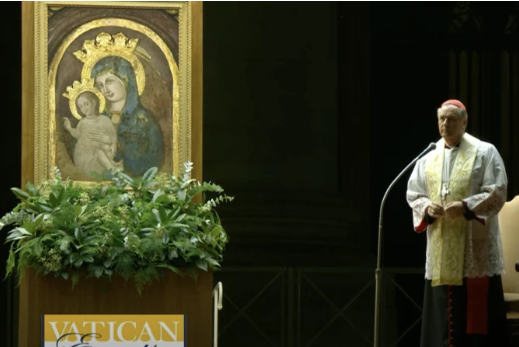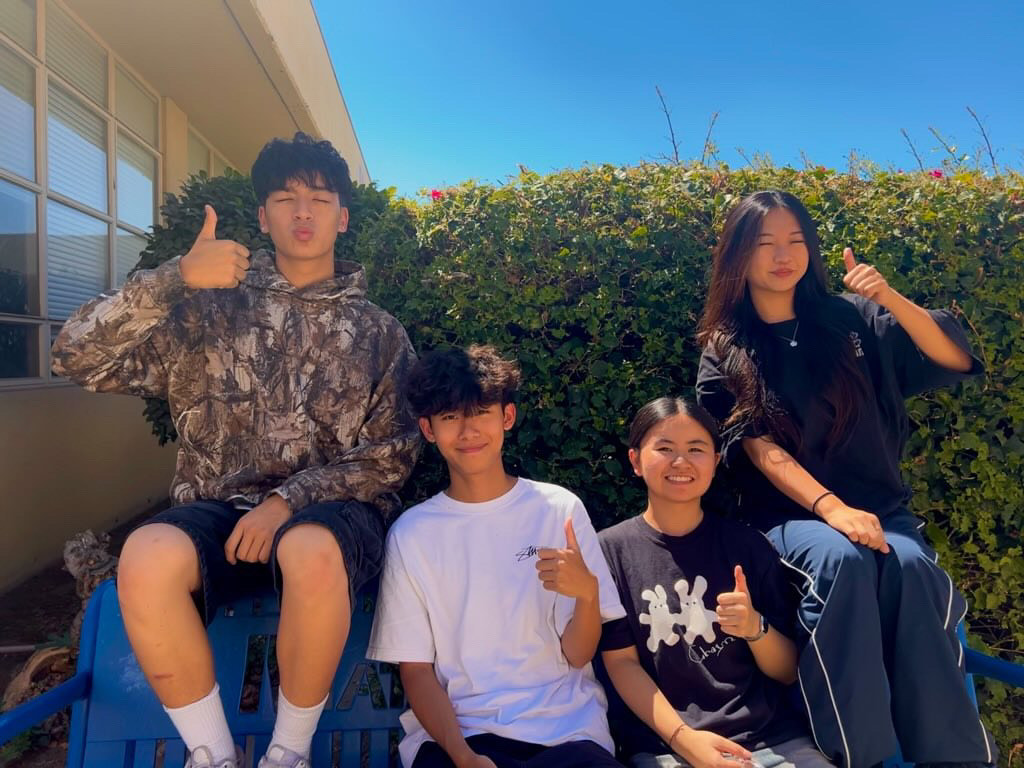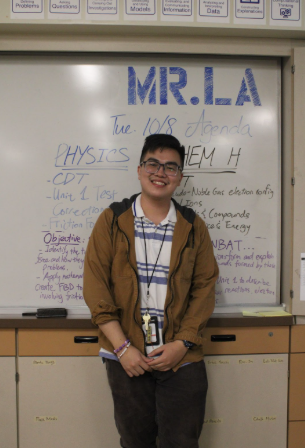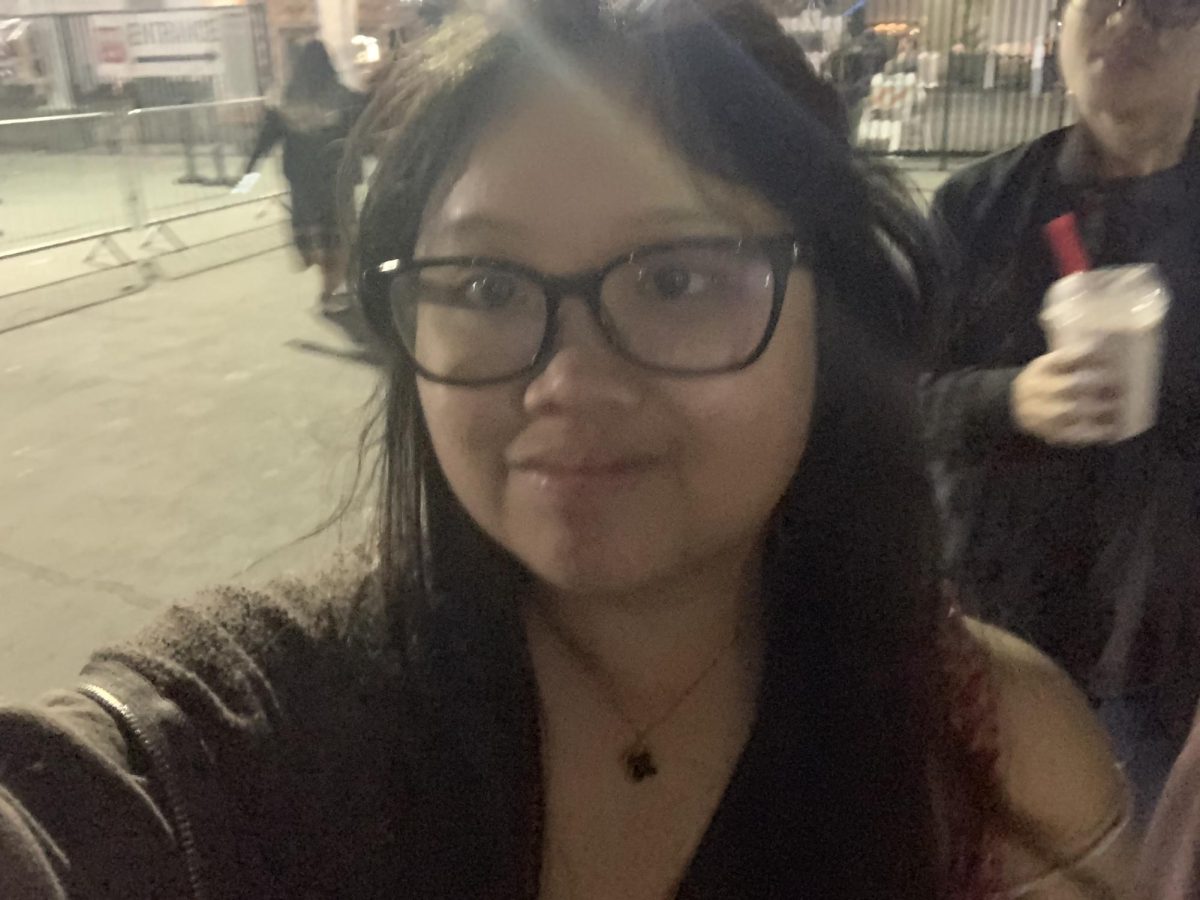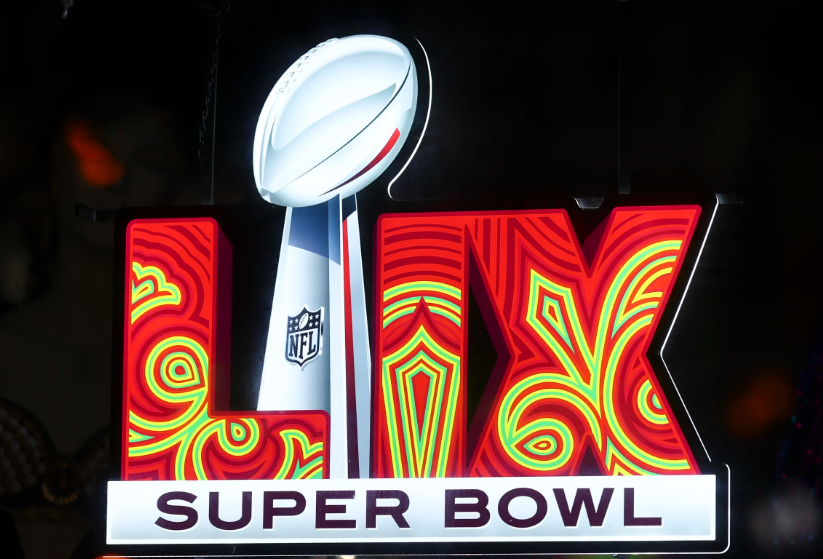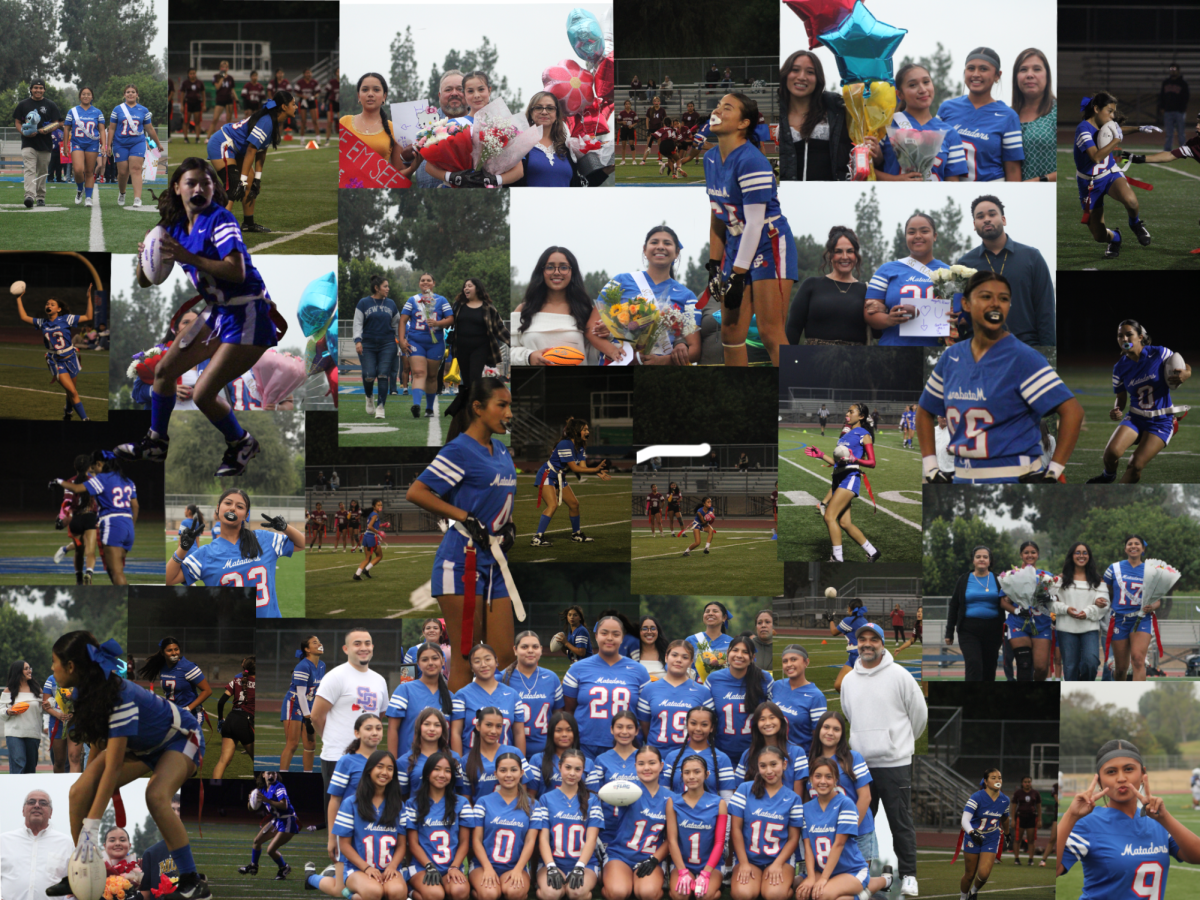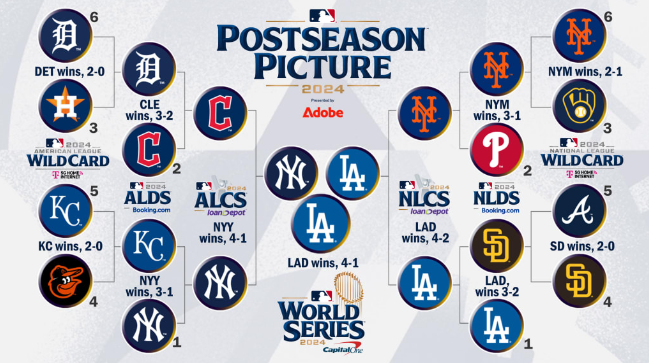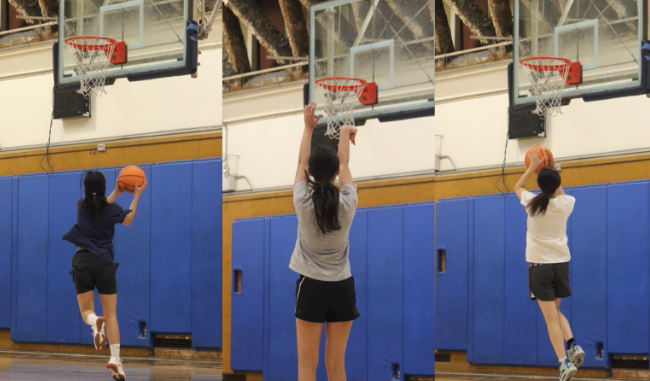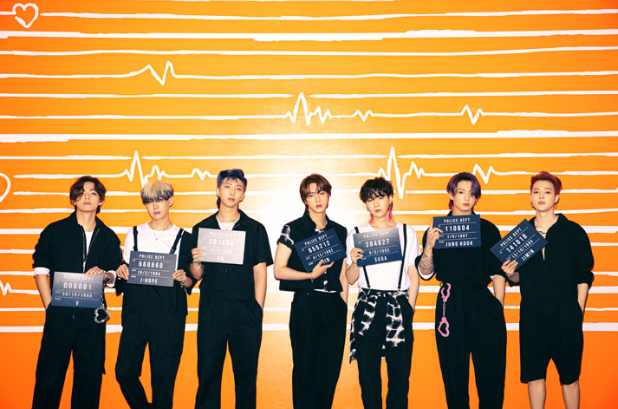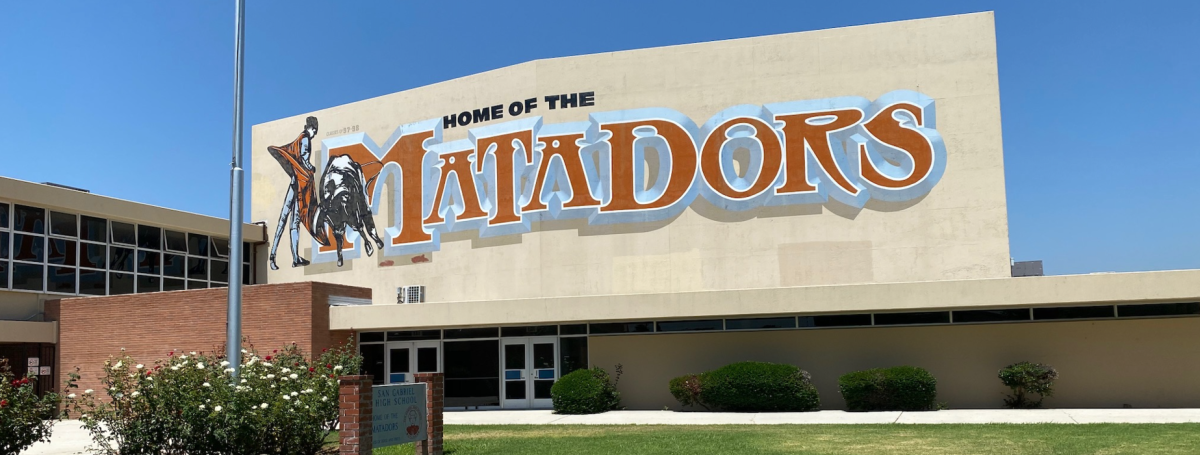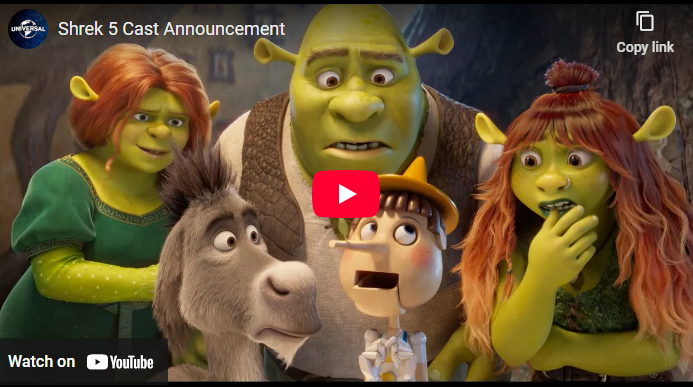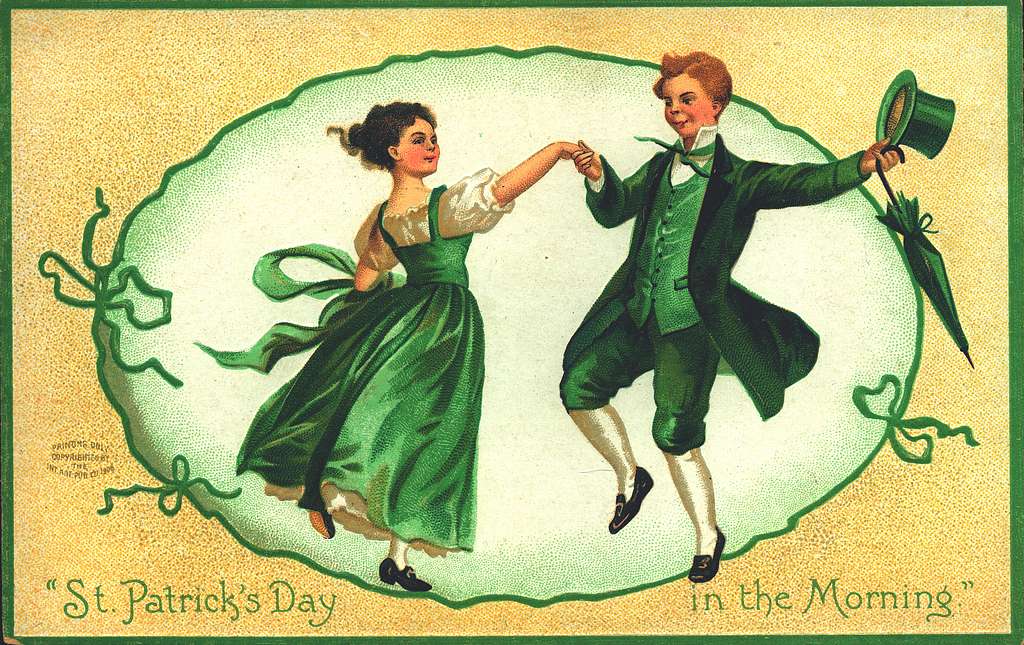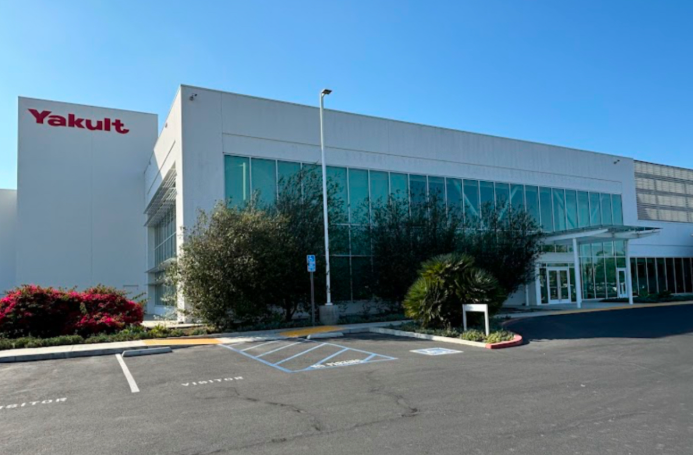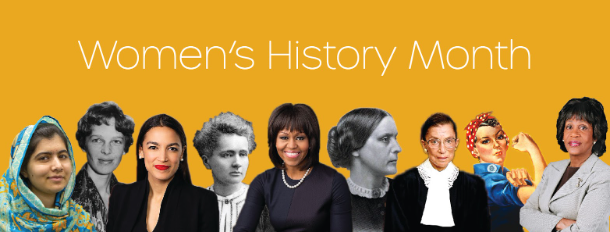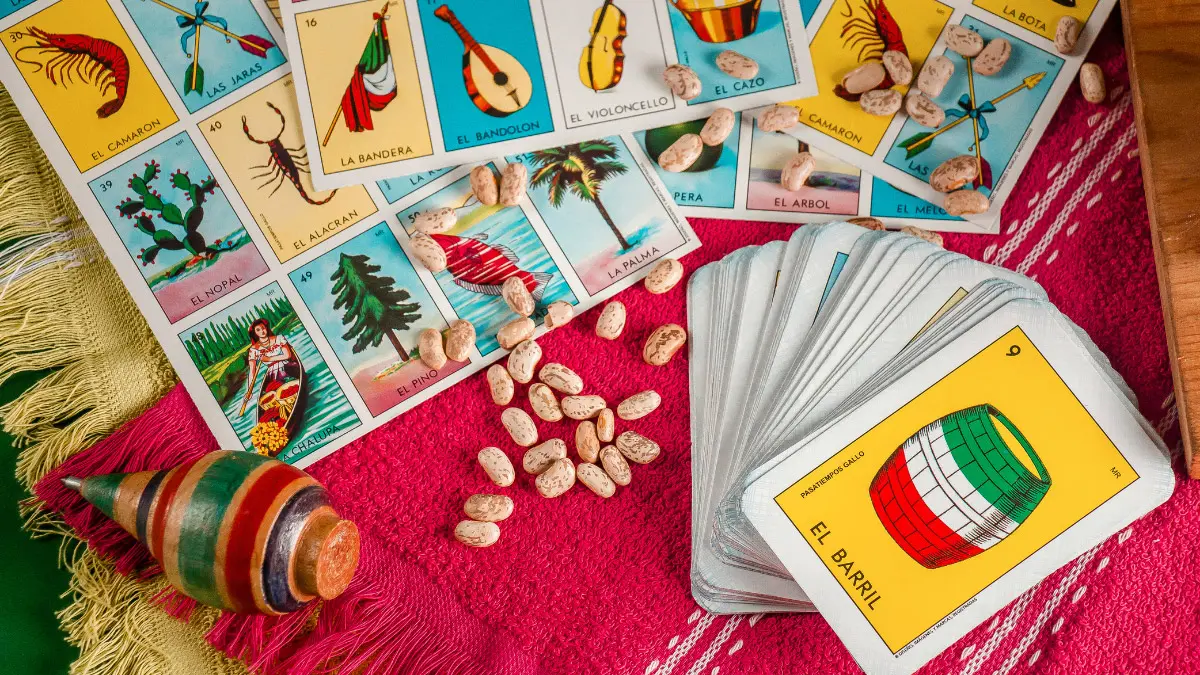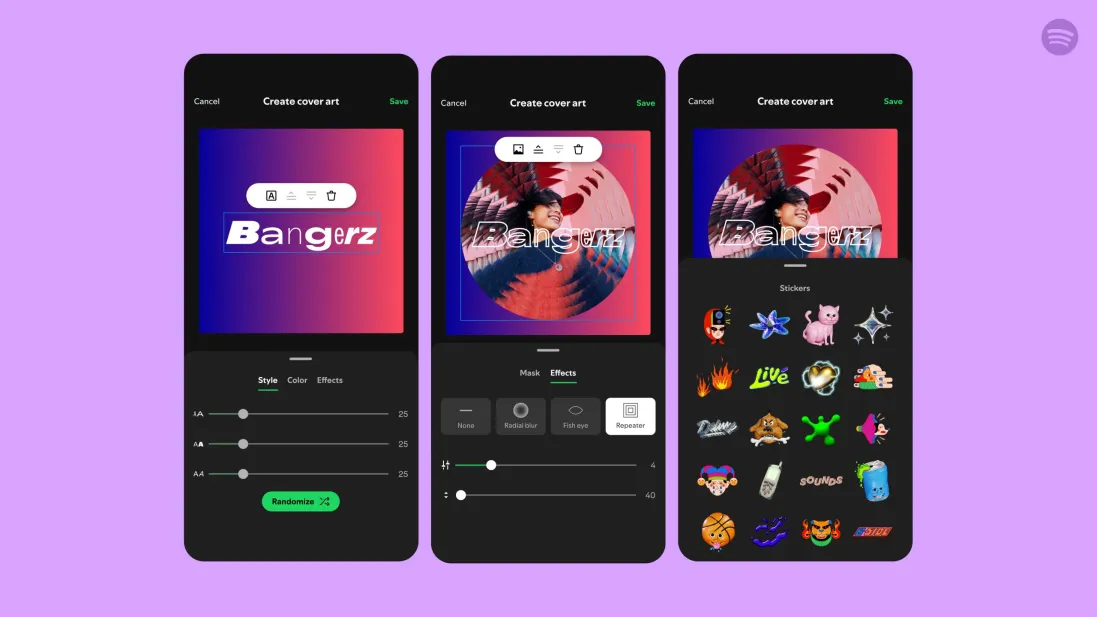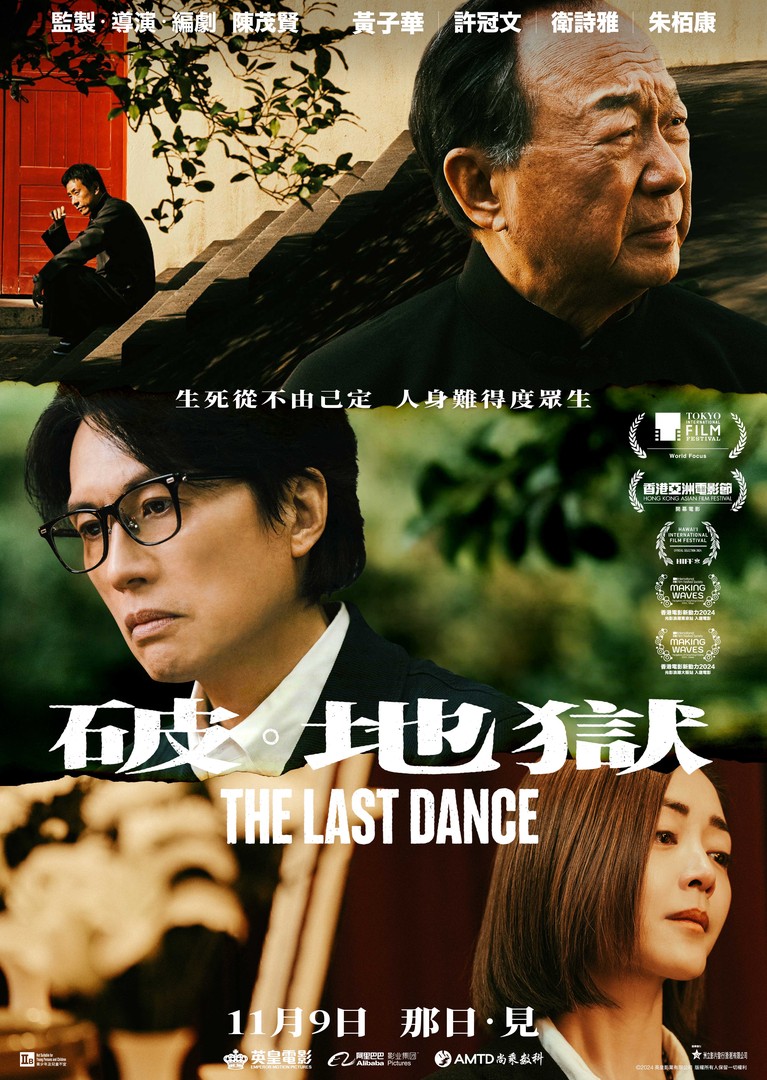What is the purpose of life when every day feels unbearable? Are traditions set in stone for us to blindly follow? These questions were asked and answered in the movie The Last Dance, a film produced in Hong Kong that talks about life and death. The Chinese name of the movie, 破地獄 (pronounced as po-day-yook in Cantonese), refers to the Chinese Taoist practice that serves with the purpose of leading the deceased’s soul out of hell (suffering), thus gains its name “Break Hell’s Gate” when directly translated to English. Like its name suggests, the movie is about funeral practices and what it takes to serve the deceased, which may seem odd for a movie given that the topics are emotionally sensitive.
Grew up in a Taoist family in which the father was a priest, Yuet (Michelle Wai) laments on the traditions that prosecute women. In fact, women are deemed “dirty” in Taoist beliefs, which strengthens Yuet’s belief that her father dislikes her due to her gender. The movie emphasizes on the miscommunication between Yuet and her father—it is portrayed that even though they both share a familial bond, they never recognized each others’ expression of that affection. Yuet accuses Taoism and other Chinese traditional beliefs for stealing her deserved love from her father, yet still respecting their customs because her father’s career in Taoism was what supported their family financially. The contradicting likes and dislikes refers to modern people’s faith in traditional beliefs—they grew up having to respect the beliefs, but they may not like them because the conservative thinking style often opposes the progressive phenomenon. The Last Dance proves itself to be a film that did an excellent job in portraying the true meaning and purpose of traditional practices and beliefs, which allows the audience to reflect on their relationship with the traditions.
In most parts of the film, the story has been about Dominic Ngai’s (Dayo Wong) work experience in funeral planning. Dominic entered the job due to the debt he earned from his previous business, and the movie walks the audience through his growth in serving not only the deceased but also the living. From disgust to acceptance, Dominic’s shift in attitude towards his job tells the audience that working with the dead is nothing unusual, which asks the audience to put down the stereotype and raise respect for that work field. Dominic’s popular line in the movie, “Not only the dead need to transcend, but the living also need to “break hell’s gate.” There are many hells for the living too” touches the heart of many people, reminding everyone that funerals are not only about the deceased—they are also about the loved ones who are still breathing. The movie also taps into the question: “what does it mean to be alive?” A quote from the movie answers straightforwardly, which says, “Life is like a ride. The point is not about which station the person on the ride can accompany you to, but the scenery you guys have enjoyed together.”
There are many lessons that the movie teaches, some of which may be more heartfelt than others depending on the age and past experiences of the audience. The Last Dance is a movie that can make you cry, laugh, and deeply reflect.
